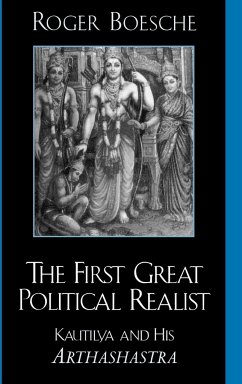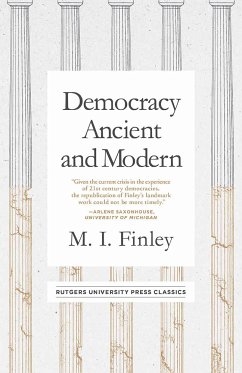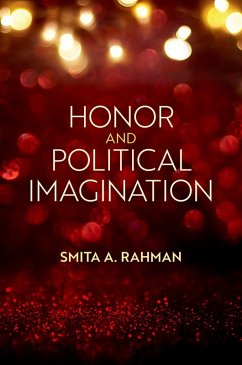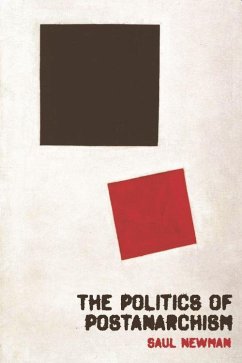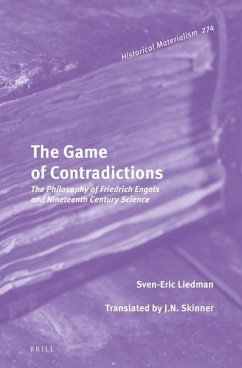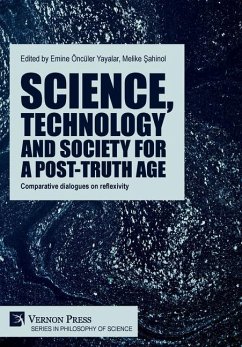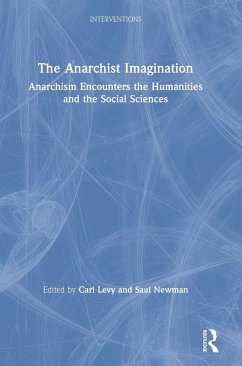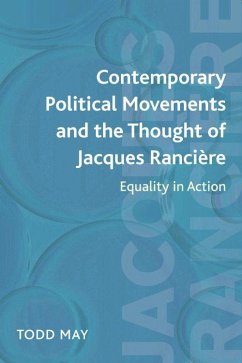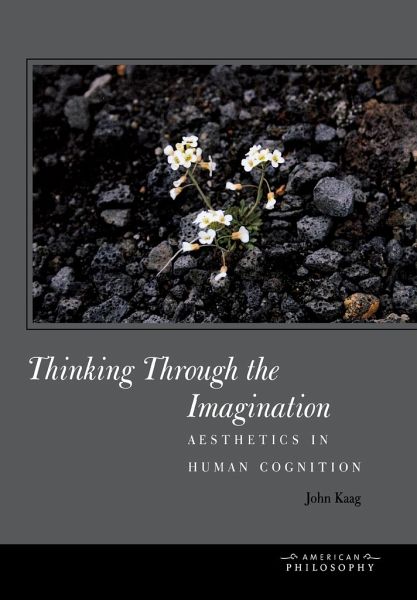
Thinking Through the Imagination
Aesthetics in Human Cognition
Versandkostenfrei!
Versandfertig in über 4 Wochen
96,99 €
inkl. MwSt.
Weitere Ausgaben:

PAYBACK Punkte
48 °P sammeln!
Use your imagination! The demand is as important as it is confusing. What is the imagination? What is its value? Where does it come from? And where is it going in a time when even the obscene seems overdone and passé? This book takes up these questions and argues for the centrality of imagination in human cognition. It traces the development of the imagination in Kant's critical philosophy (particularly the Critique of Aesthetic Judgment) and claims that the insights of Kantian aesthetic theory, especially concerning the nature of creativity, common sense, and genius, influenced the developme...
Use your imagination! The demand is as important as it is confusing. What is the imagination? What is its value? Where does it come from? And where is it going in a time when even the obscene seems overdone and passé? This book takes up these questions and argues for the centrality of imagination in human cognition. It traces the development of the imagination in Kant's critical philosophy (particularly the Critique of Aesthetic Judgment) and claims that the insights of Kantian aesthetic theory, especially concerning the nature of creativity, common sense, and genius, influenced the development of nineteenth-century American philosophy. The book identifies the central role of the imagination in the philosophy of Peirce, a role often overlooked in analytic treatments of his thought. The final chapters pursue the observation made by Kant and Peirce that imaginative genius is a type of natural gift (ingenium) and must in some way be continuous with the creative force of nature. It makes this final turn by way of contemporary studies of metaphor, embodied cognition, and cognitive neuroscience.




